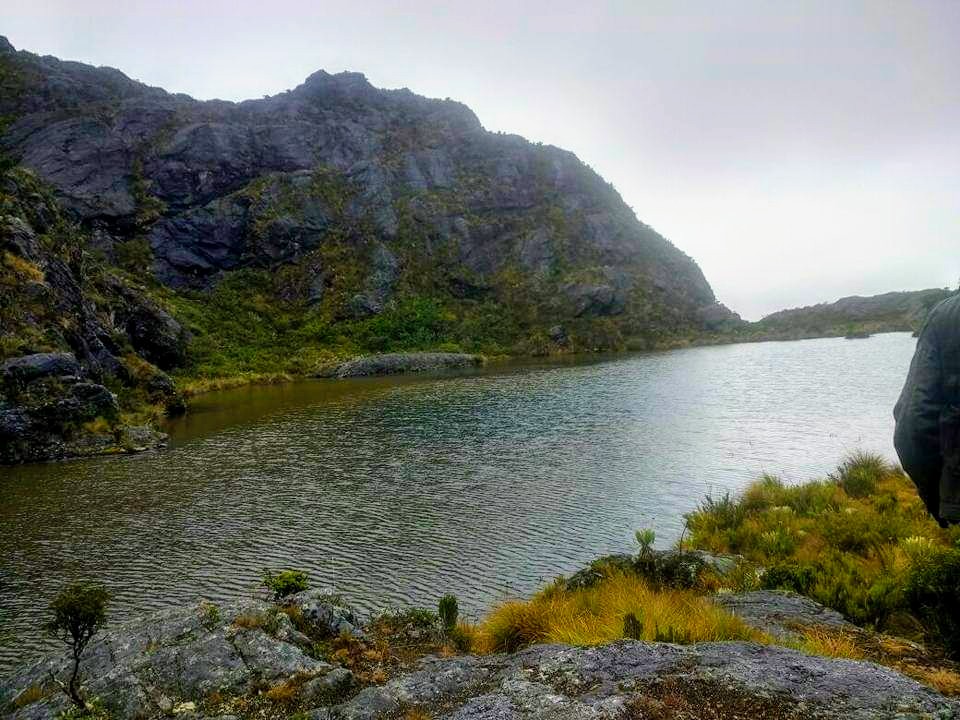CCAJAR calls for the elimination of investor-state dispute settlement mechanisms in “free trade” agreements
All the versions of this article: [English] [Español]

Peace Brigades International - Canada | 12 February 2023
CCAJAR calls for the elimination of investor-state dispute settlement mechanisms in “free trade” agreements
by Brent Patterson
CCAJAR has signed a statement demanding the elimination of the ISDS mechanism in “free trade” agreements. The call-out for more signatures is here.
Colombia is now facing thirteen investor-state dispute settlement (ISDS) claims in process and eight more in initial stages that total an estimated USD $2 billion. These claims have been brought by transnational corporations from five countries: the United States, Canada, the United Kingdom, Switzerland and Spain.
The PBI-Colombia accompanied José Alvear Restrepo Lawyers’ Collective (CCAJAR) has signed this declaration along with numerous other organizations that is calling on the Colombian government to withdraw from international investment agreements that allow transnational corporations to sue governments with ISDS challenges.
They have also tweeted:
“#TheLatest We launched a petition so that @petrogustavo and @FranceMarquezM withdraw Colombia from #CourtsOfTransnationalAbuse! Sign the request for the Government to withdraw from treaties that allow millionaire lawsuits against the State.”
Specifically, CCAJAR demands of the Colombian government: “Initiate a comprehensive review of the Investment and Free Trade Agreements that contain Investor-State Dispute Settlement, in order to urgently denounce, renegotiate or terminate all existing International Investment Agreements with the aim of eliminating the ISDS mechanism.”
This would include the Canada-Colombia Free Trade Agreement.
The Canadian companies mentioned in this declaration as having sued Colombia through ISDS are the Vancouver-based Eco Oro Minerals Corp. (for USD $696 million in 2016), Toronto-based Galway Gold Inc. (for USD $196 million in 2018), and Vancouver-based Red Eagle Mining (for USD $118 million in 2018).
(In April 2017, the Financial Post also reported: “Canadian miner Gran Colombia Gold [now Aris Mining] has filed a US$700 million lawsuit against Colombia under the Colombian-Canadian free trade agreement after the government ordered the company to cease operations at the El Burro site in Marmato until it has further consulted with local residents.”)
The list could also eventually include Calgary-based Parex Resources Inc.
If fracking is banned in Colombia, as the Gustavo Petro government has pledged to do, Parex Resources Inc. could sue Colombia given it signed an exploration and production (E&P) contract with the National Hydrocarbons Agency (ANH) on September 18, 2014, for Block VMM-9 in the Magdalena Medio region.
Infobae has reported that the government’s intention to ban fracking could be an issue “for the four oil multinationals that signed the contracts with the Colombian State, for the commercial and experimental development of crude oil and gas in unconventional fields in Colombia” including “Parex Resources (with one contract)…”
(That said, Earthworks analyst Patricia Rodríguez has also commented: “In Colombia, the law [to ban fracking] would entail negotiating an end to already signed fracking contracts in order to avoid protracted disputes in international courts.”)
PBI-Colombia has accompanied CCAJAR since 1995.
In August 2002, Canada announced that preliminary talks “on a possible free trade agreement” would begin with Andean countries (including Colombia). By June 2007, that was narrowed down to Colombia and Peru. On June 6, 2008, after five rounds of negotiations, Canada and Colombia concluded negotiations on the agreement.
When Yessika Hoyos Morales of CCAJAR visited Ottawa in May 2009 to speak against the agreement, she told Members of Parliament: “Extrajudicial executions by the national army have grown a lot, achieved through what is called ‘false positives’. The office of the public prosecutor reported that as of September 2009, they had been investigating 2,077 such executions. People were killed by the national army, by people who were supposed to protect them.”
At that time, she stated: “If Canada ratifies the free trade agreement it will give a message to Colombians and to the whole international community that Canada supports a government that violates human rights.”
Despite her pleas, Prime Minister Stephen Harper’s minority Conservative government passed the implementation act for the Canada-Colombia Free Trade Agreement with the support of the opposition Liberals on June 14, 2010.
The call-out for signatures and an initial list of endorsers of the declaration/letter in opposition to the ISDS mechanism, can be read here.





